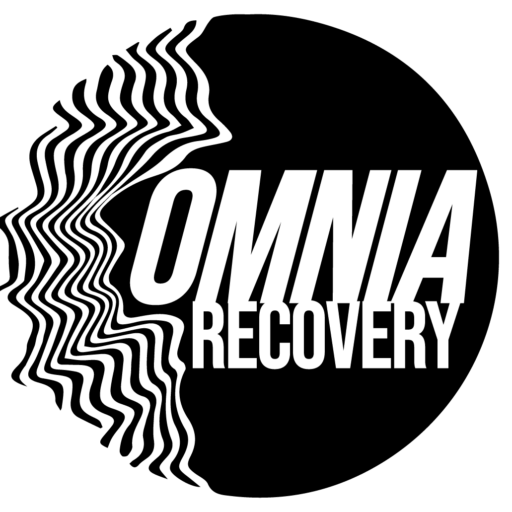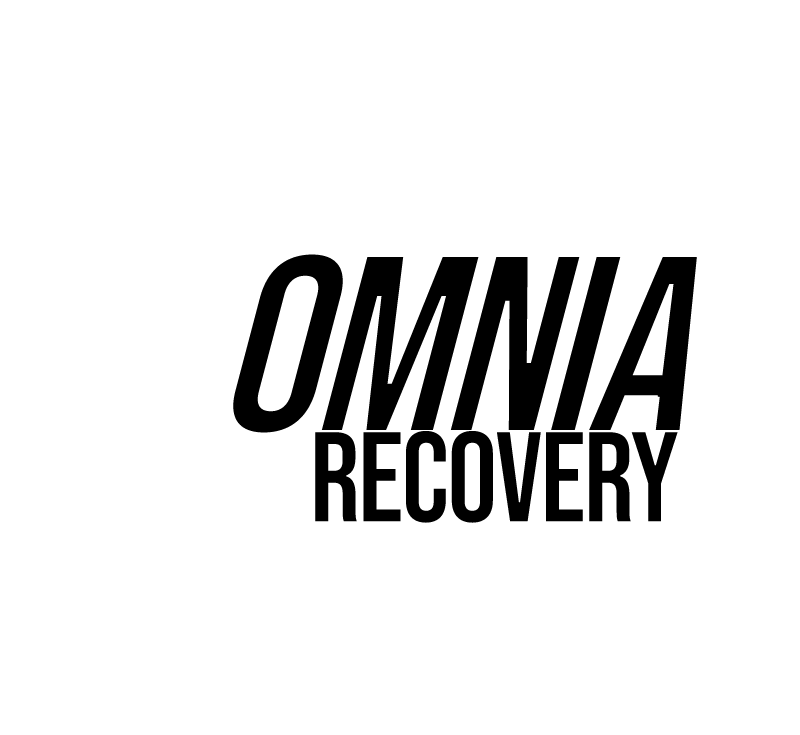If you or someone close to you is struggling with addiction as well as symptoms that seem related to mental health disorders, it might be indicative of co-occurring disorders. Co-occurring disorders refer to any combination of substance abuse and a mental health disorder. Thankfully, dual diagnosis treatment can offer a solution.
What are Co-occurring Disorders?
Co-occurring disorders refer to any situation where an individual struggles with a mental health disorder and substance abuse at the same time.
Some facilities refer to treatment for co-occurring disorders as dual diagnosis treatment, as it targets the dual conditions.
Let’s look at some example cases of co-occurring disorders.
Margaret struggles with depression. When Margaret was in her twenties, she didn’t notice any problems with drinking because she was in college, and that’s what everyone did. But as she got older and left her university, she started to notice that during particularly difficult periods, such as losing her father, getting into a car accident, or having problems at work, she would turn to drinking more and more.
Eventually, Margaret went to an outpatient treatment program for alcohol addiction. She went through detox and went back to her daily life. However, as soon as she hit another particularly stressful time frame, she found herself struggling with symptoms of depression again and turning back to alcohol as her form of self-medication.
Let’s look at another example:
Christian served in the military. After a particularly difficult deployment, he came back with severe insomnia, flashbacks, and nightmares. He was afraid to talk about his struggles for fear of losing his security clearance, so instead, he started taking over-the-counter sleeping medications and drinking. Soon, he developed an addiction to benzodiazepines and alcoholism.
When it started to affect his work, Christian checked himself into a clinic where he received treatment for his addictions, but he didn’t mention anything about his issues with sleep or flashbacks. After returning to work, his flashbacks resumed, and he continued to abuse drugs and alcohol to help him sleep.
In the examples above, it’s easy to see the importance of dual diagnosis treatment for co-occurring disorders. Treatment for addiction in isolation does nothing to resolve any underlying contributing factors or causes like PTSD or depression. When other mental health disorders go untreated, individuals are more likely to self-medicate to manage their symptoms, and this leads to relapse.
However, co-occurring disorders can manifest in the opposite direction, where an individual first struggles with addiction, and the changes to their brain brought about by long-term addiction lead to the development of mental health disorders like anxiety disorders or depression.
Again, without the right dual diagnosis treatment, individuals are more likely to continue struggling with ongoing symptoms long after they leave a treatment facility and relapse.
How Dual Diagnosis Works
Historically, substance abuse was treated separately from mental health disorders. Unfortunately, this led to significant issues with relapse. Dual diagnosis treatment offers an alternative to this outdated understanding of mental health by creating personalized and targeted recovery approaches that focus on several things, such as:
- Individual causes or contributing factors to mental health disorders and substance abuse
- Triggers for both
- Treatment for mental health disorders
- Detox for substance abuse
- Therapy for coping skills
Dual Diagnosis Treatment at Omnia Recovery
At Omnia Recovery, we provide clients with several options for personalized treatment at our behavioral health clinic in Ventura County. We know that no two individuals struggle in the same way, and experiences or family history, as well as genetics and environment, can contribute to different combinations of co-occurring disorders.
With over 35 years of providing help to those in need, Omnia Recovery specializes in Los Angeles dual diagnosis treatment for depression, anxiety, and bipolar disorder. We understand that dual-diagnosis conditions come in several combinations, which is why we provide individual assessments and personalized treatment programs for each of our clients.
Overall, dual diagnosis conditions happen when individuals have an addiction as well as a mental health disorder. The mental health disorder can be the reason someone self-medicates with drugs or alcohol and develops an addiction, but it can also be a result of long-term drug and alcohol abuse. No matter what, there is help available with dual diagnosis treatment.Contact our team today to learn more about our personalized dual diagnosis programs and how outpatient addiction treatment in Ventura County can help you.




